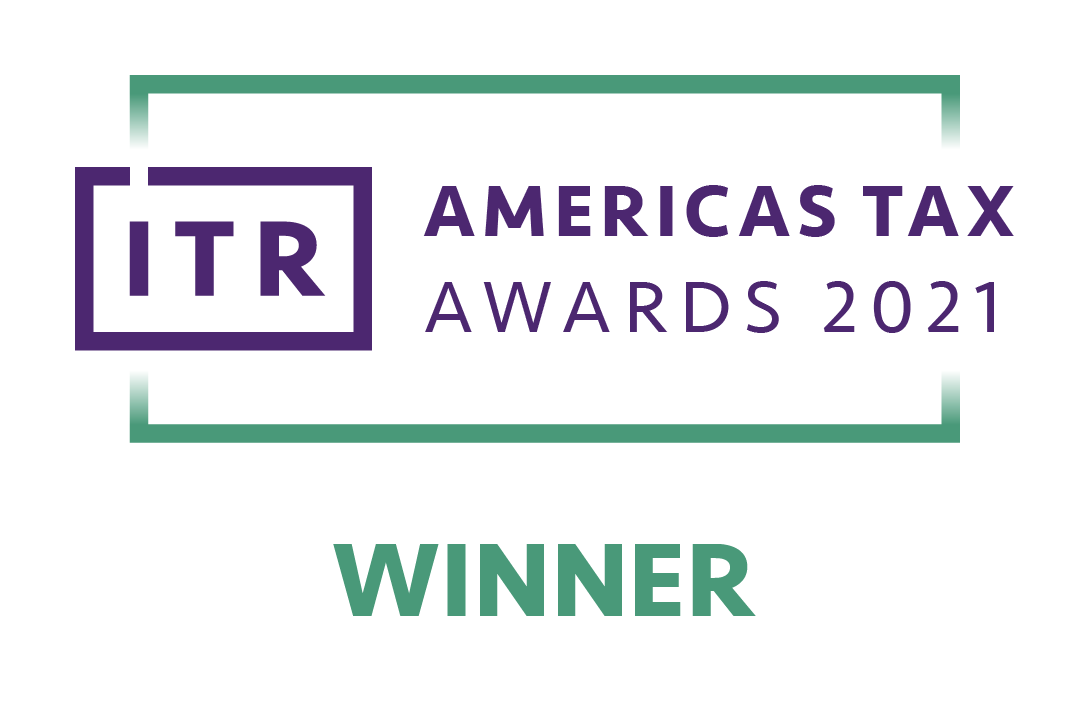After two years from regulating the elimination of bearer shares in the country, shareholders and companies obtained a new grace period to fulfill the provisions required by Law and avoid falling into breaches or incurring in fines. Although companies are facing possible more strict and forceful limitations, a precise regulation that contemplates a wide range of assumptions grants the benefit of an objective guide instead of one subject to diverse interpretations.
In fact, legal frame for corporations in Paraguay underwent an strategic change in October 2017 with the promulgation of Law No. 5895 (the “Law”), through which transparency rules were established for joint stock companies, being one of the most specific issues, the elimination of bearer shares and the obligation to exchange them for registered shares, modifying corporate bylaws thereby.
Just recently, on October 9, 2019, the Executive Branch enacted Law No. 6399/29, which modifies Articles 3 and 4 of Law No. 5895/2017, the “New Law”.
The New Law kept the purpose and spirit of the Law and was limited to modifying matters in established manner and regulating others that were not included at the beginning. However, such modifications cannot go unnoticed as they affect processes, prohibitions and restrictions relevant to the operation of corporations, as described below.
The Law established a term, 24 months after coming into effect, for shareholders to exchange their bearer shares for registered shares. Considering that said law was published on October 9, 2017, the deadline expired on the same day in which the New Law is published and provides as follows:
a) The deadline is extended until December 10, 2019 to initiate the procedures for requesting a resolution regarding the modification of Bylaws by the Department of Registries and Supervision of Companies, a division of the Legal Section of the Treasury Dept.
b) A period of 180 days is established as of 10/12/2019, for the effective fulfillment of the exchange of bearer shares for registered shares.
c) Instead of requiring the exchange of 90% of bearer shares, it is provided that, within the established term, all shares must be converted to registered shares.
In case the above is not fulfilled, serious penalties are established for shareholders that fail to exchange their shares as well as for the companies themselves.
Besides the suspension of financial rights for those holders of shares that were not exchanged, the New Law creates situations and penalties not previously established.
Indeed, it provides that, if after six months of the expiration date for the effective exchange of shares, still there are bearer shares, these would lose their validity as a share title. In this case, shareholders who can prove the legitimate ownership of the shares would have the right to be reimbursed only for their nominal value, unless they request their readjustment to real values, but with the proportional reduction of the liability assumed by the company.
Specifically, the collection action for reimbursement that the holder of the shares may exercise against the company will expire after five years.
In line with the loss of validity of the shares and the reimbursement of their nominal value, the New Law establishes that within six months after the deadline for the loss of validity mentioned in the previous paragraph expired, the companies must call for an extraordinary meeting to reduce capital, decreasing it in the value of the shares not exchanged.
Subsequently, the New Law includes three additional provisions as previously provided by the Law:
a) For companies that had not initiated any procedure after six months of the expiration of the term, it is established the obligation to begin its process of termination and liquidation, as well as the authorization to the Legal Section of the Treasury Dept. to judicially require the dissolution, liquidation and extinction of company.
b) It provides monetary fines for breaching the exchange of shares (established in the Law and which were not modified), would enjoy special privileges over any other credit that the bearer may have against the company and those derived from the relation between shareholders.
c) It orders that, in the event that bearers claim reimbursement of their shares, the company should require the shareholder to provide proof of the payment of the fines due for failing to exchange the same (ranging between G. 8,600,000 (USD 1400) and G. 42,000,000 (USD 6800) approximately).
Finally, the New Law establishes transitory provisions and formalities related to the extraordinary meeting of shareholders that must be held to approach the reduction of issued capital in regard to the value of the not exchanged shares.












